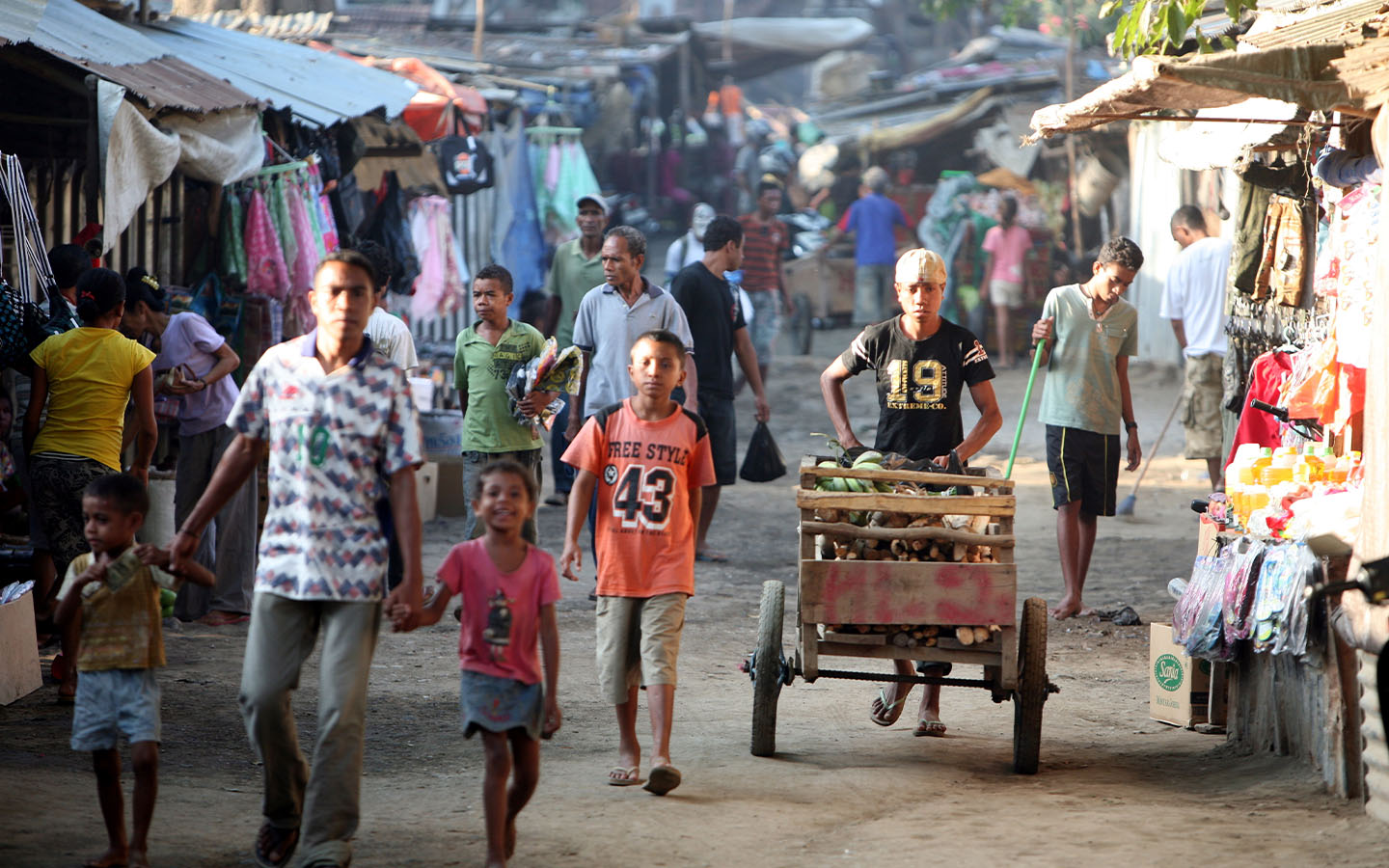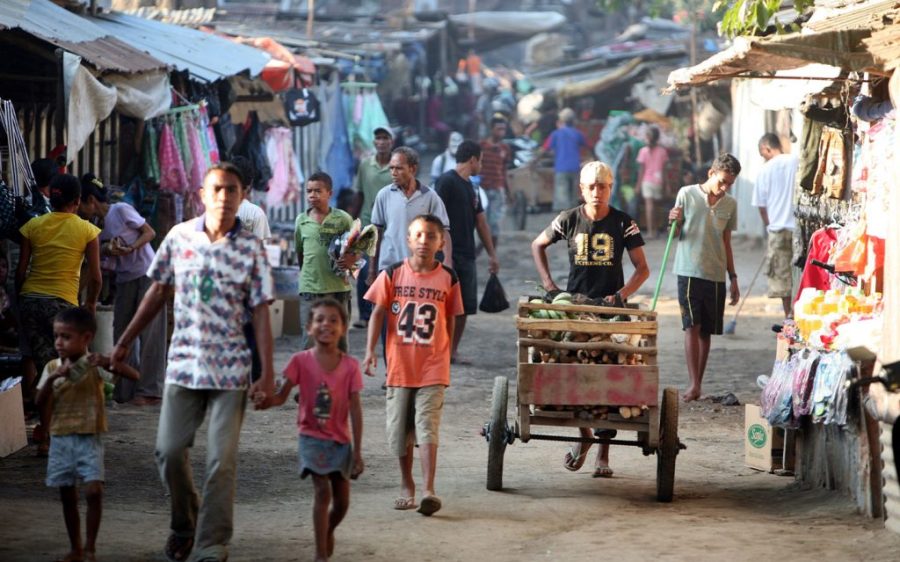New analysis indicates that Timor-Leste is at a critical juncture in its development, with the need for economic diversification increasing as the Petroleum Fund that finances much of the economy is expected to dry up by 2035. That’s according to a press release from the World Bank.
Public expenditure in the country averaged around 85 percent of GDP between 2013 and 2023, meaning the Timorese government spends eight dollars for every dollar it collects, ranking among the highest rates in the world. Coupled with low domestic revenue collection (consistently below 12 percent of GDP), this “exceptionally high spending” has put a great deal of stress on the Petroleum Fund.
Consistent breaches of the Estimated Sustainable Income (ESI) rule, designed to cap annual withdrawals to support the long-term viability of the fund, and the uncertainty of additional revenue from the long-delayed Greater Sunrise project, put Timor-Leste at significant risk.
“Without immediate reforms,” the World Bank says, “Timor-Leste will require a severe fiscal adjustment, potentially jeopardising the delivery of essential public services and social cohesion.”
Timor-Leste is one of the youngest countries in the world, having achieved independence in 2002, and one of the poorest, with more than a quarter of the population living in absolute poverty and nearly half in multidimensional poverty.
[See more: Study confirms the feasibility of the Greater Sunrise gas field in Timor-Leste]
A similar proportion of the population faces acute food insecurity. Almost half of all children under five are stunted. Such low living standards and lack of economic growth, despite the high expenditures, reveal “deep inefficiencies in public spending and a disconnect between expenditure and outcomes.”
Enhancing spending efficiency is one of the recommendations outlined by the World Bank, which encourages cutting low-impact programmes and shifting resources from recurrent costs (like wages and subsidies) to high-impact sectors like infrastructure, education and health.
The institution also advocates for strengthening fiscal sustainability by complying with ESI to preserve what remains of the Petroleum Fund and increasing domestic revenue through improved tax collection. It emphasises the importance of boosting public financial management generally to reduce waste caused by complicated procurement processes and project delays, as well as implementing programme-based budgeting to ensure expenditures align with measurable outcomes. Infrastructure, human capital and agricultural productivity were highlighted as areas to focus investment.
Timor-Leste’s 2025 budget, released 10 February, appears to align with the World Bank recommendations, stating a commitment to “advancing the nation’s socio-economic development through targeted investment in strategic infrastructure, economic diversification and initiatives aimed at improving citizen welfare.”
However, the US$2.6 billion budget is more than double ESI, and a 12.4-percent increase over 2024, even as nearly all economic development and most segments of infrastructure development see significant cuts compared to the previous budget.






